“The test of the Burevestnik missile, a global strike cruise missile with a nuclear engine and a nuclear propulsion system, has just been successfully carried out,” Putin was quoted by Russian state media agency RIA Novosti as saying.
Mr. Putin gave this information in a speech at the Valdai Forum in Sochi.
The Burevestnik missile development program was announced by President Putin in March 2018 as part of an initiative to develop a new generation of intercontinental and hypersonic missiles. This initiative includes the Kinzhal ballistic missile and the Avangard hypersonic glide vehicle.
Mr. Putin emphasized before the Russian Federal Assembly in March 2018 that the above-mentioned initiative aims to ensure strategic balance in the world for decades to come.
“It is a low-flying stealth missile carrying a nuclear warhead, with an almost unlimited range, an unpredictable trajectory and the ability to overcome the interception threshold,” Putin said of Burevestnik at the time.
However, Western analysts say Russia's super-missile development program has been plagued by several test failures. In 2019, the Nuclear Threat Initiative (NTI), an open-source analysis group, said the Burevestnik missile had been tested 13 times, with two of them being "partially successful."
NTI quoted Russian military expert Alexei Leonkov, describing Burevestnik as a countermeasure weapon, which Russia could use following intercontinental ballistic missiles to completely devastate military and civilian infrastructure to ensure no chance of survival.
Also in his speech at the Valdai Forum, Mr. Putin said he could withdraw ratification of a treaty banning nuclear testing.
The Russian leader said that the United States has signed agreements, documents, international treaties to ban nuclear weapons testing, and Russia has also signed. Russia has signed and ratified, but the United States has signed but not ratified.
The Russian president said that “reflecting the US position” and withdrawing Russia's approval was the right move.
“But this is a question for the officials of the State Duma. In theory, this ratification can be withdrawn. We can absolutely implement this decision,” the Russian leader said.
Underground nuclear testing was banned under the 1996 Comprehensive Nuclear-Test-Ban Treaty. The United States and China signed the treaty, but have not ratified it.
Moscow has ratified the treaty, but Mr Putin said in February that he would conduct a nuclear test if the US did so first.
According to Mr. Putin, Russia is “almost ready to prepare for the development of a new generation of strategic weapons” and now only needs to resolve administrative procedures before “entering mass production and putting them into operation.” He said these steps will be completed soon.
He also said he was not ready to say whether Russia needed to conduct tests to ensure the weapons worked effectively, but that experts had advised him to conduct such tests.
In September, CNN reported that Russia, the United States and China have all built new facilities and dug tunnels at their nuclear testing sites in recent years, at a time when tensions between the three nuclear powers are at their highest in decades.
While there is no evidence that Russia, the United States or China are preparing for nuclear testing, images collected by an analyst in the military counterproliferation research industry have shown that three nuclear test sites have been recently expanded compared to just a few years ago.
“It is clear that all three countries – Russia, China and the United States – have invested time, effort and money not only in modernizing their nuclear arsenals, but also in preparing the premises for nuclear testing,” said former US Air Force Colonel Cedric Leighton.
At the same time, Mr Putin on Thursday asserted that the conflict in Ukraine is not a territorial conflict – but a conflict based on “principles”.
“The Ukrainian crisis is not a territorial conflict, and I want to make this clear. Russia is the largest country in the world, and we have no need to expand our territory,” Putin said.
On Thursday, Mr Putin insisted that Russia was “not trying to set a regional geopolitical balance” in Ukraine. Instead, he said the issue “revolves around the principles behind the new international order”.
Mr Putin is a supporter of a “multipolar world order”, supporting groups such as the BRICS group of developing countries as a counterweight to US- and Western-led institutions.
Nguyen Quang Minh (according to CNN)
Source


![[Photo] Close-up of Vietnam's sniffer dog team searching for earthquake victims in Myanmar](https://vstatic.vietnam.vn/vietnam/resource/IMAGE/2025/4/1/d4949a0510ba40af93a15359b5450df2)

![[Photo] Prime Minister Pham Minh Chinh meets with King Philippe of Belgium](https://vstatic.vietnam.vn/vietnam/resource/IMAGE/2025/4/1/be2f9ad3b17843b9b8f8dee6f2d227e7)

![[Photo] General Secretary To Lam receives King Philippe of Belgium](https://vstatic.vietnam.vn/vietnam/resource/IMAGE/2025/4/1/e5963137a0c9428dabb93bdb34b86d7c)
![[Photo] President Luong Cuong and King Philippe of Belgium visit Thang Long Imperial Citadel](https://vstatic.vietnam.vn/vietnam/resource/IMAGE/2025/4/1/cb080a6652f84a1291edc3d2ee50f631)
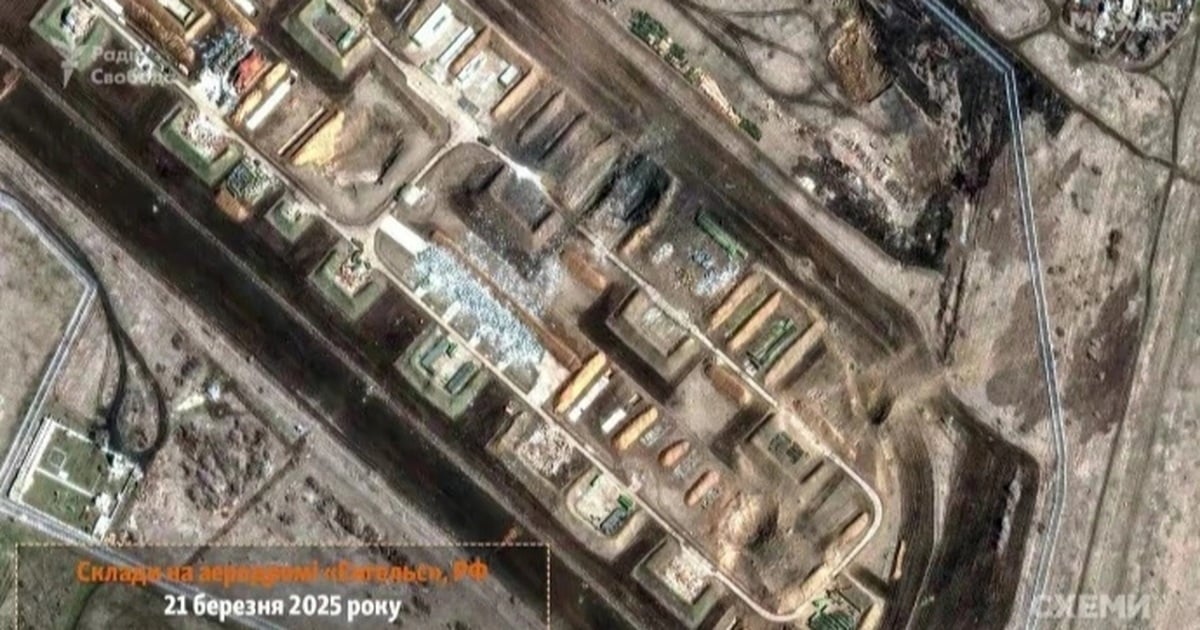

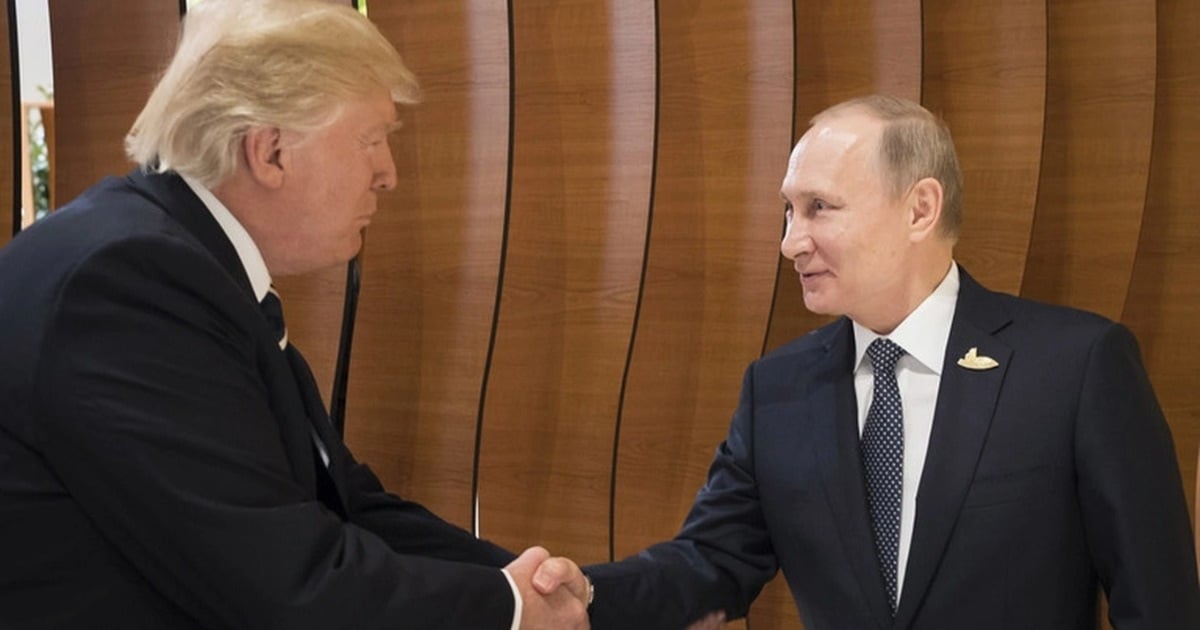
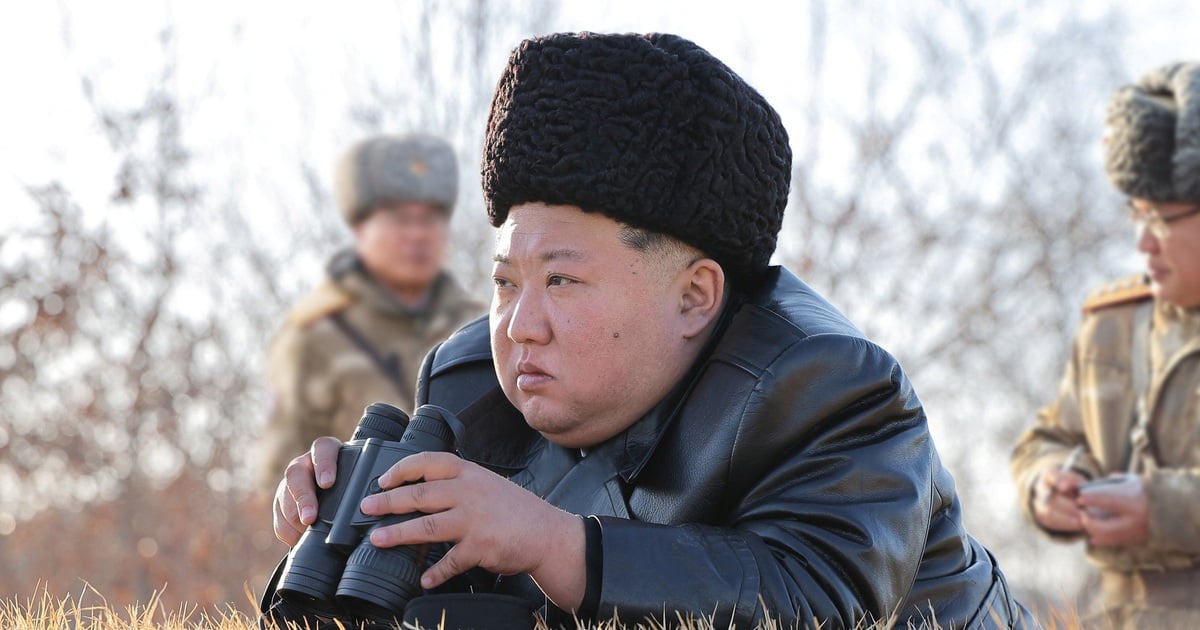

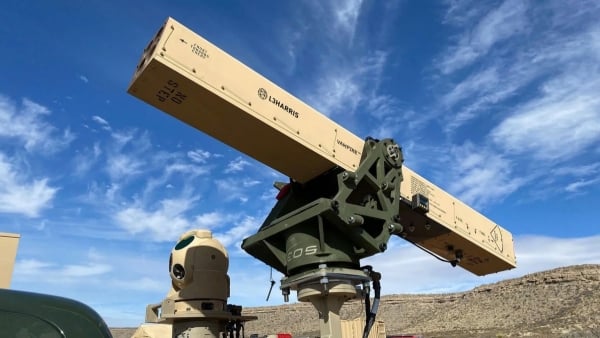

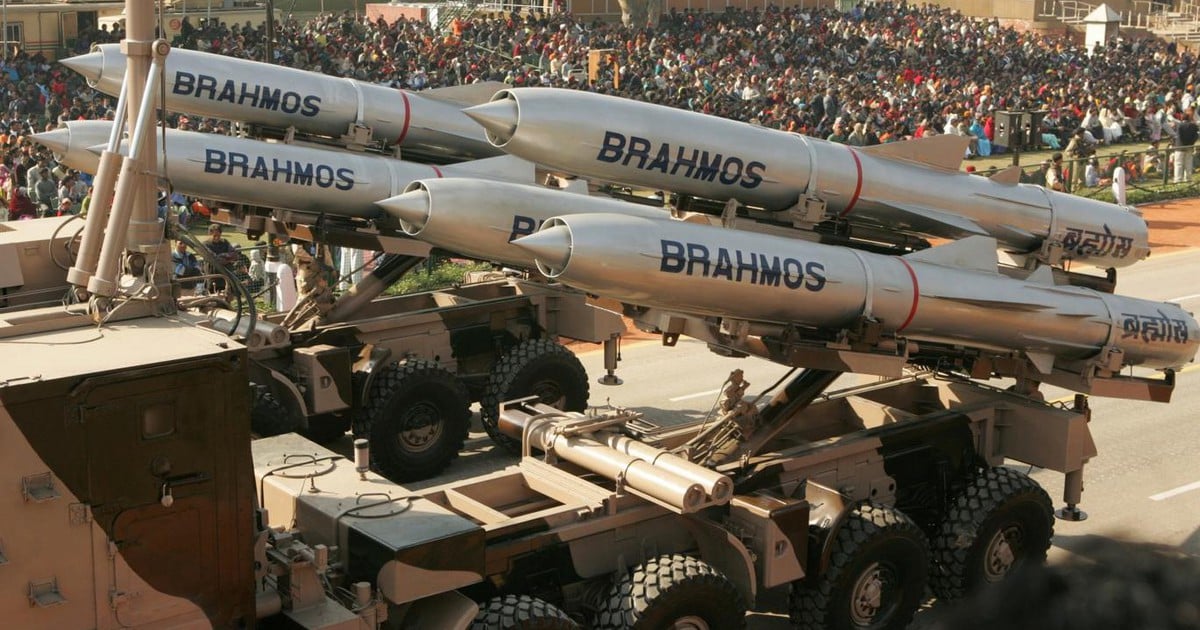
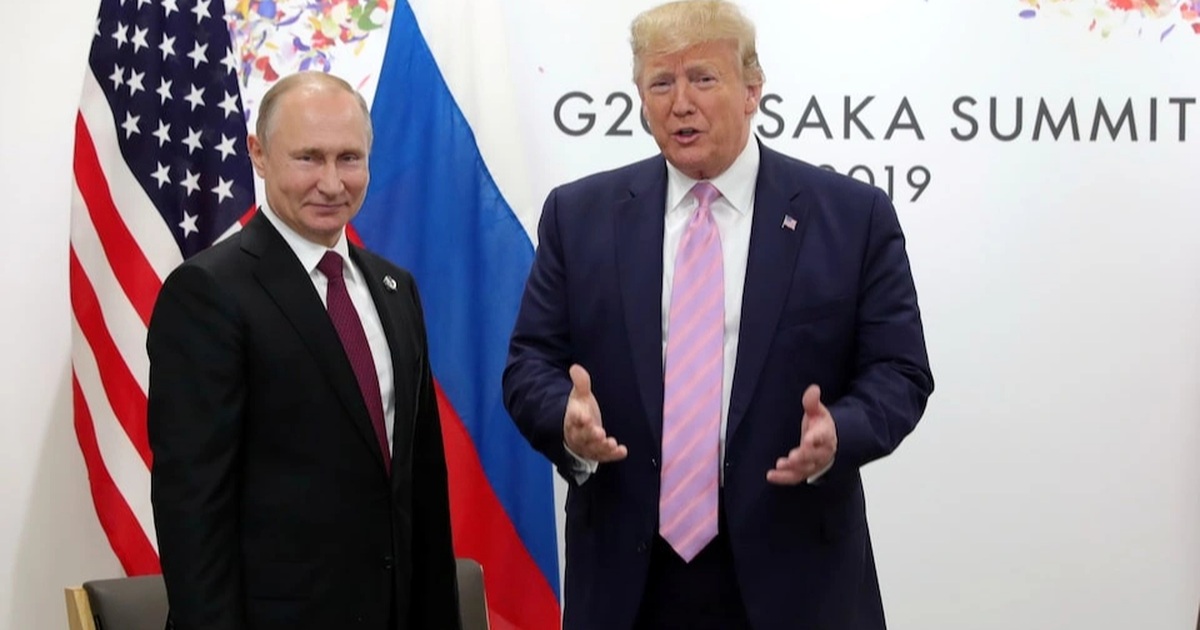
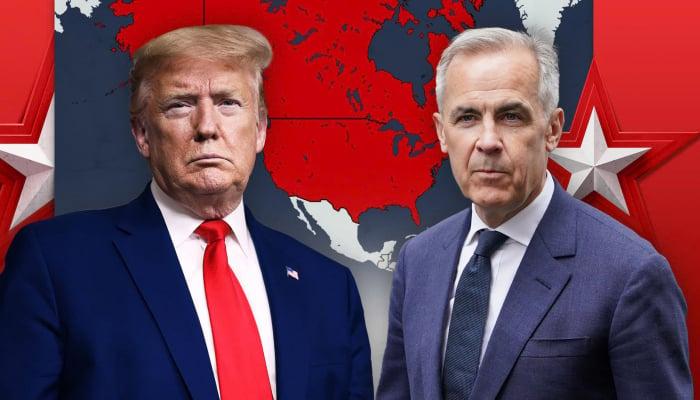
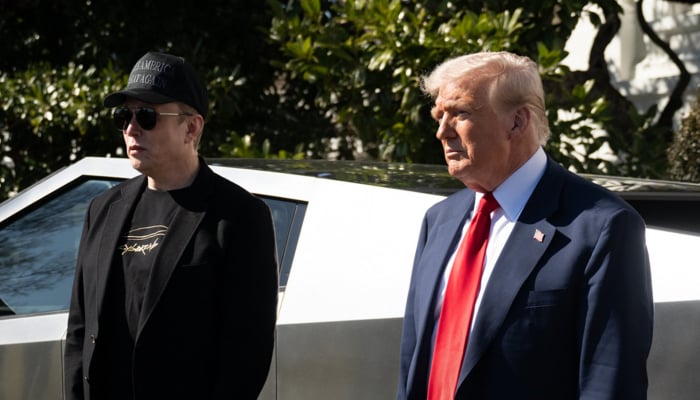
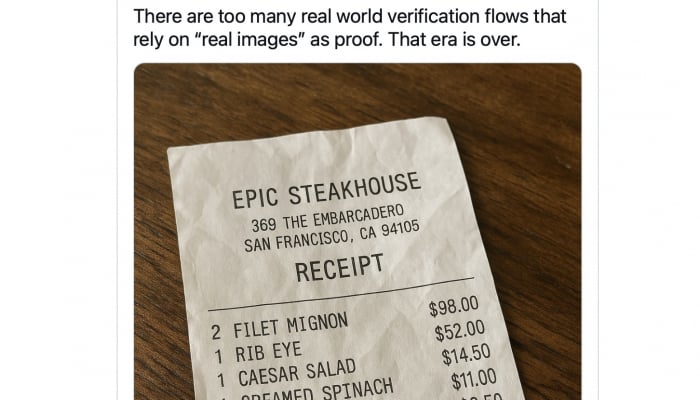
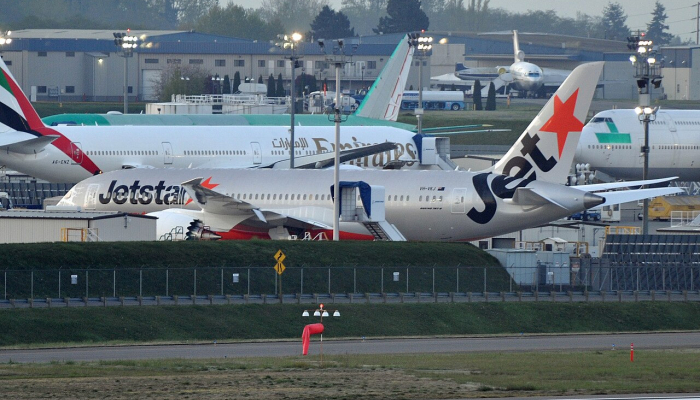
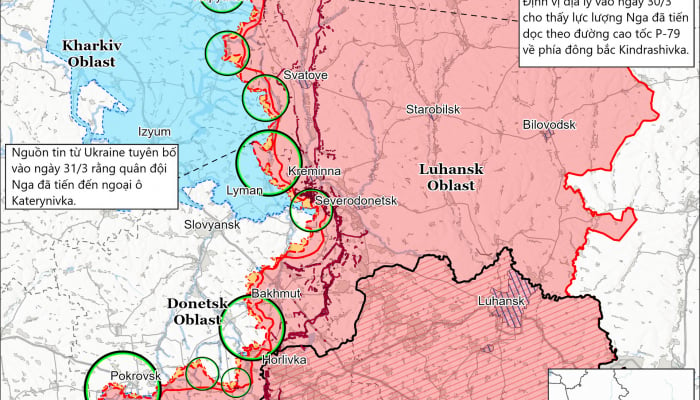
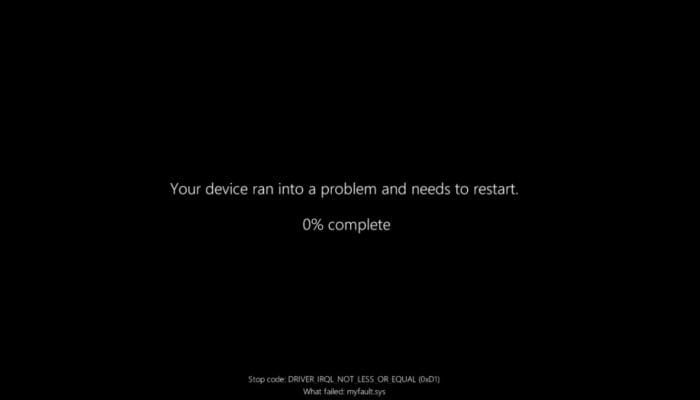









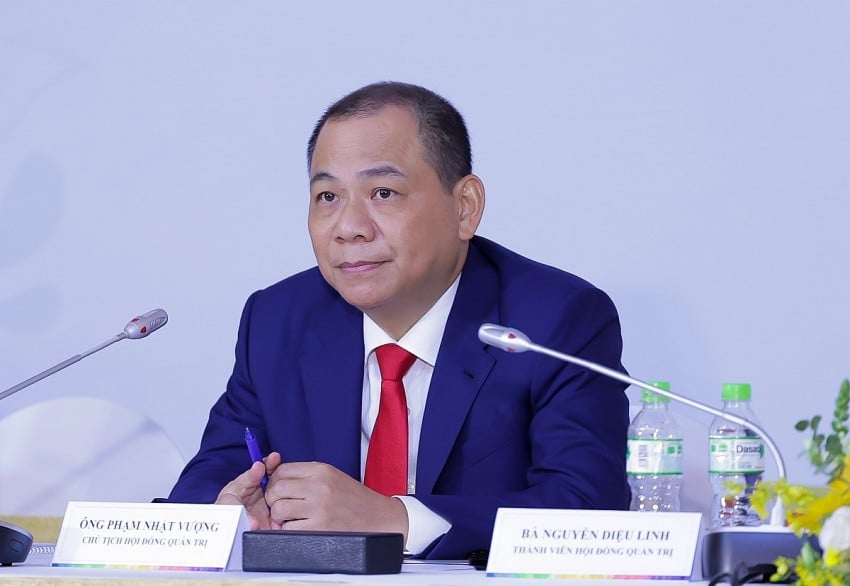
![[Photo] Myanmar's capital in disarray after the great earthquake](https://vstatic.vietnam.vn/vietnam/resource/IMAGE/2025/4/1/7719e43b61ba40f3ac17f5c3c1f03720)









































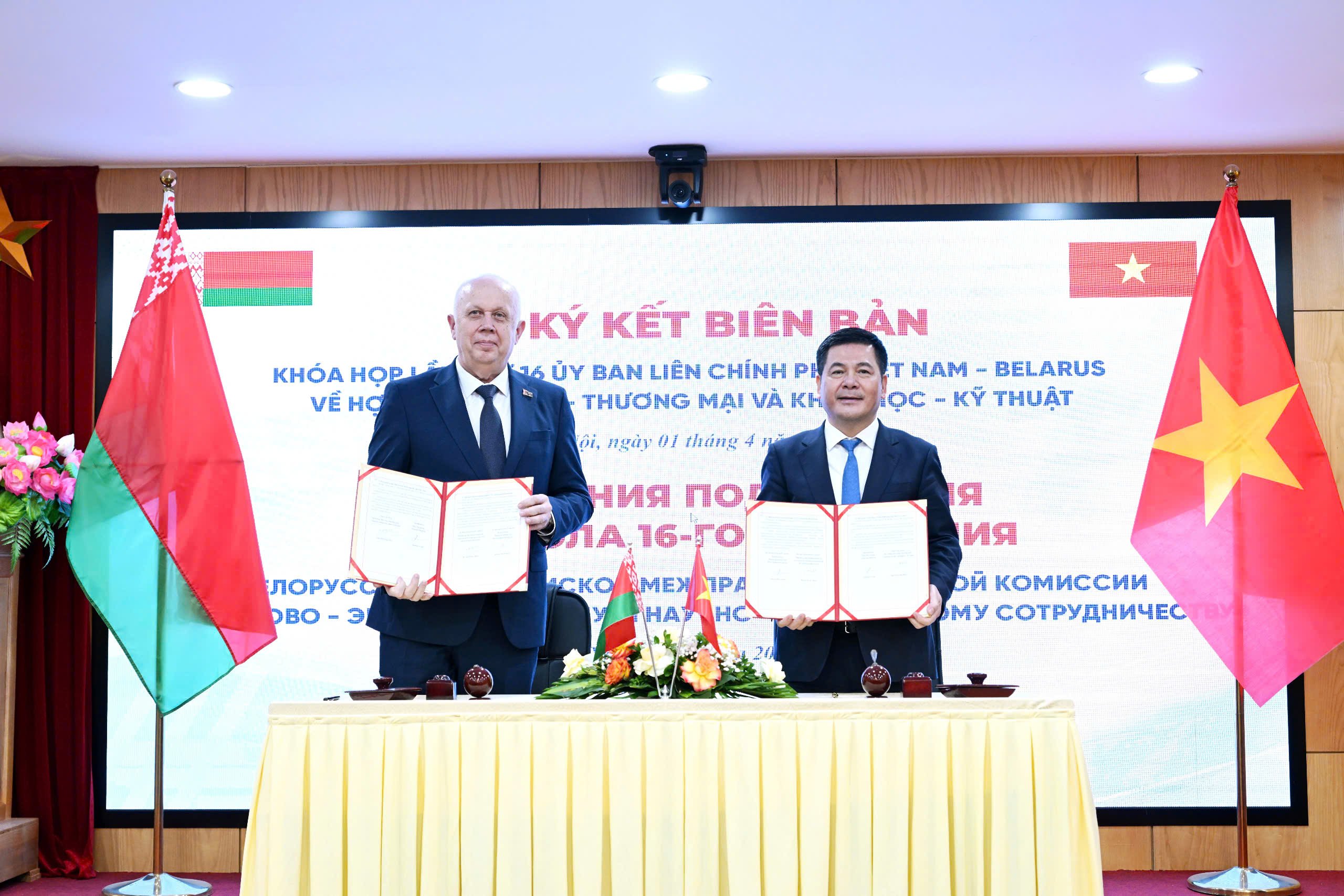


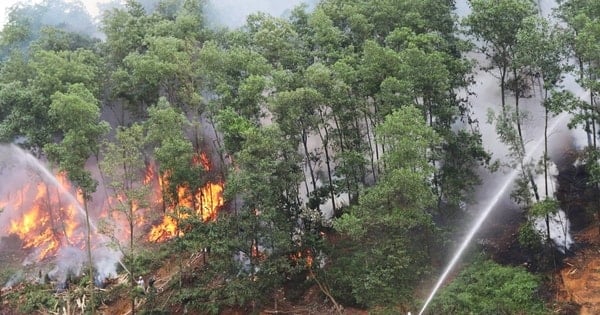

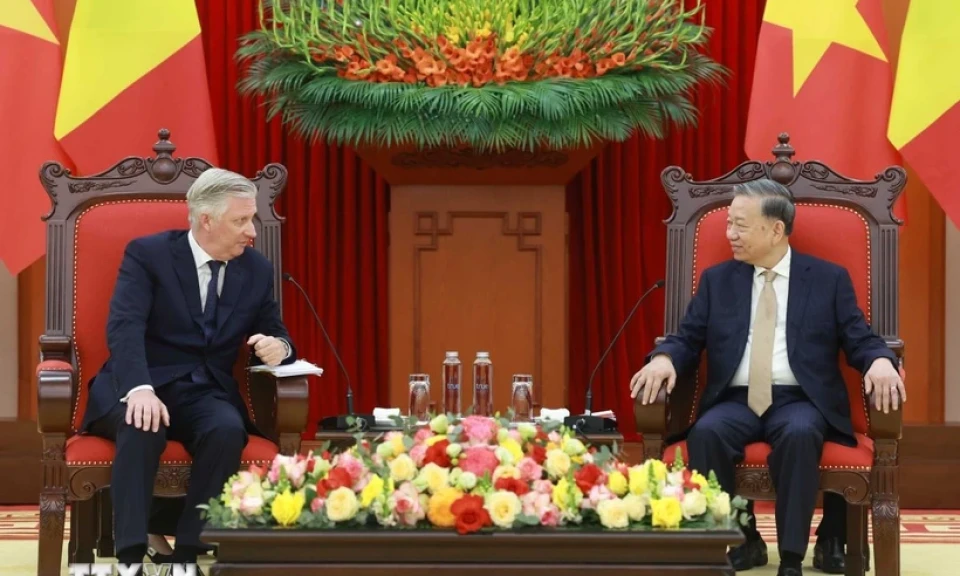
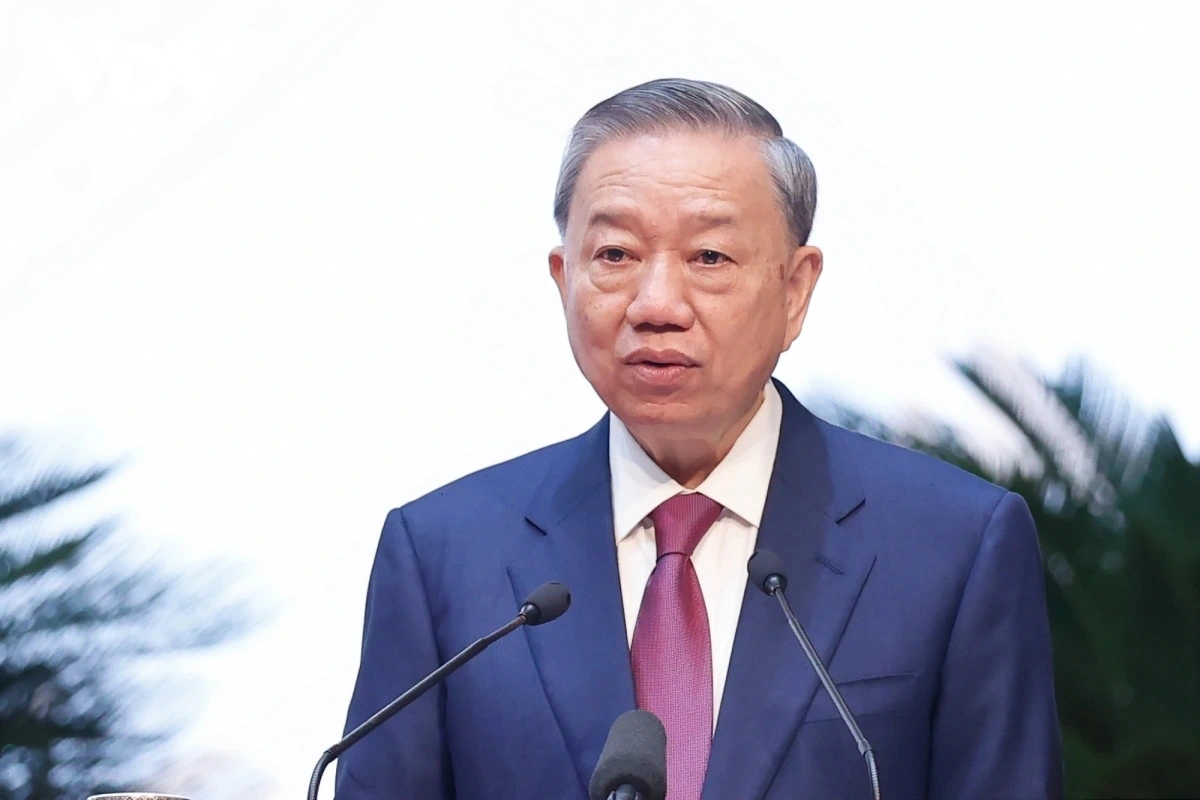


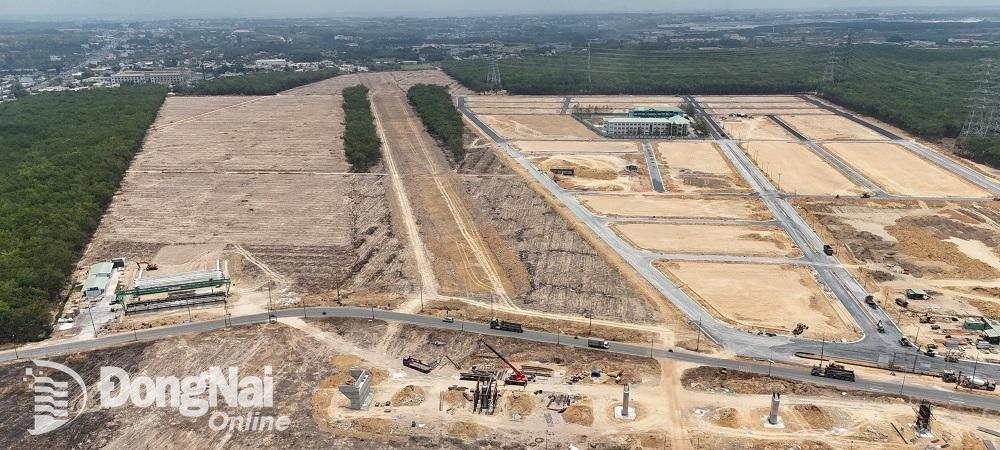










Comment (0)